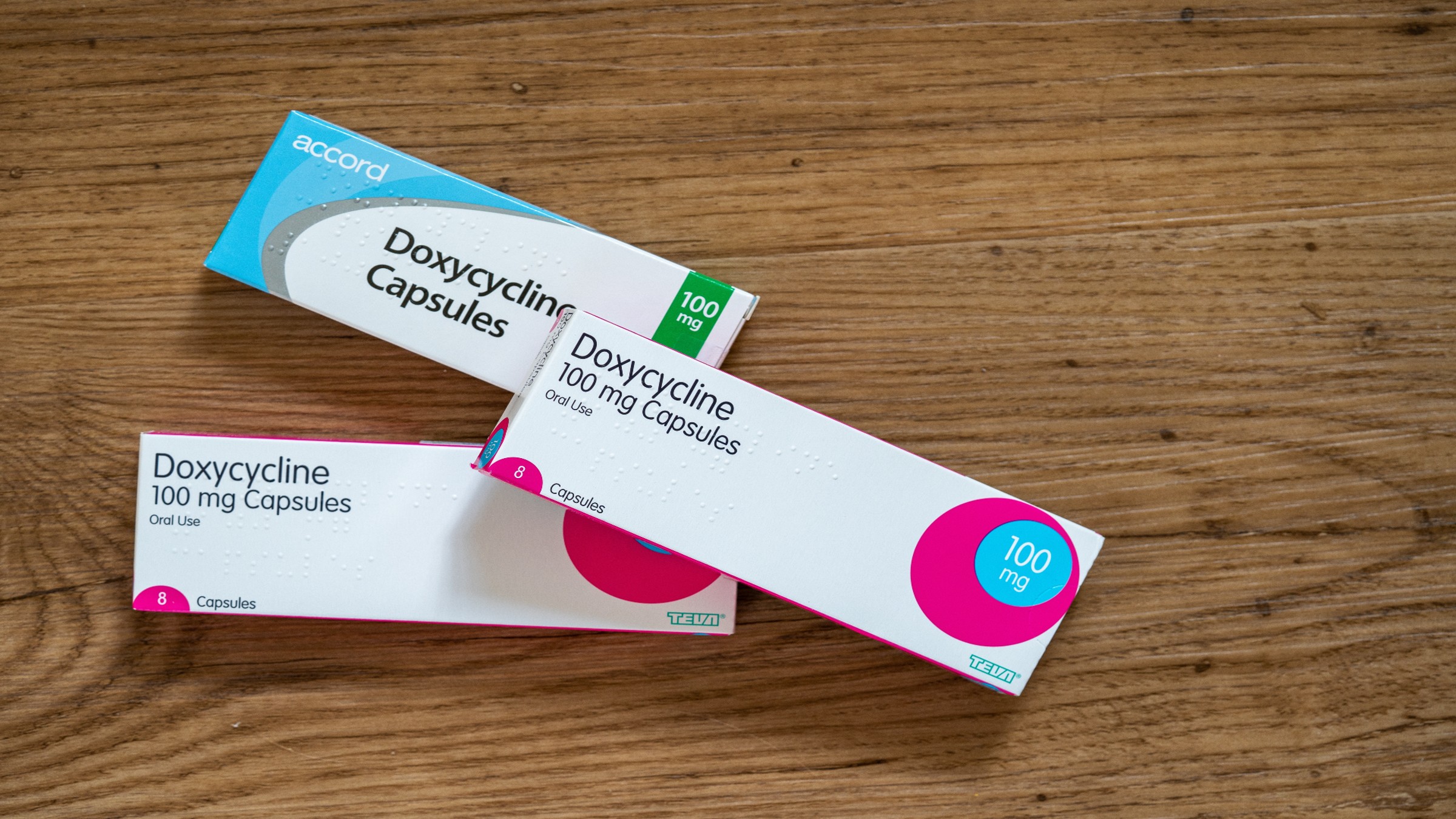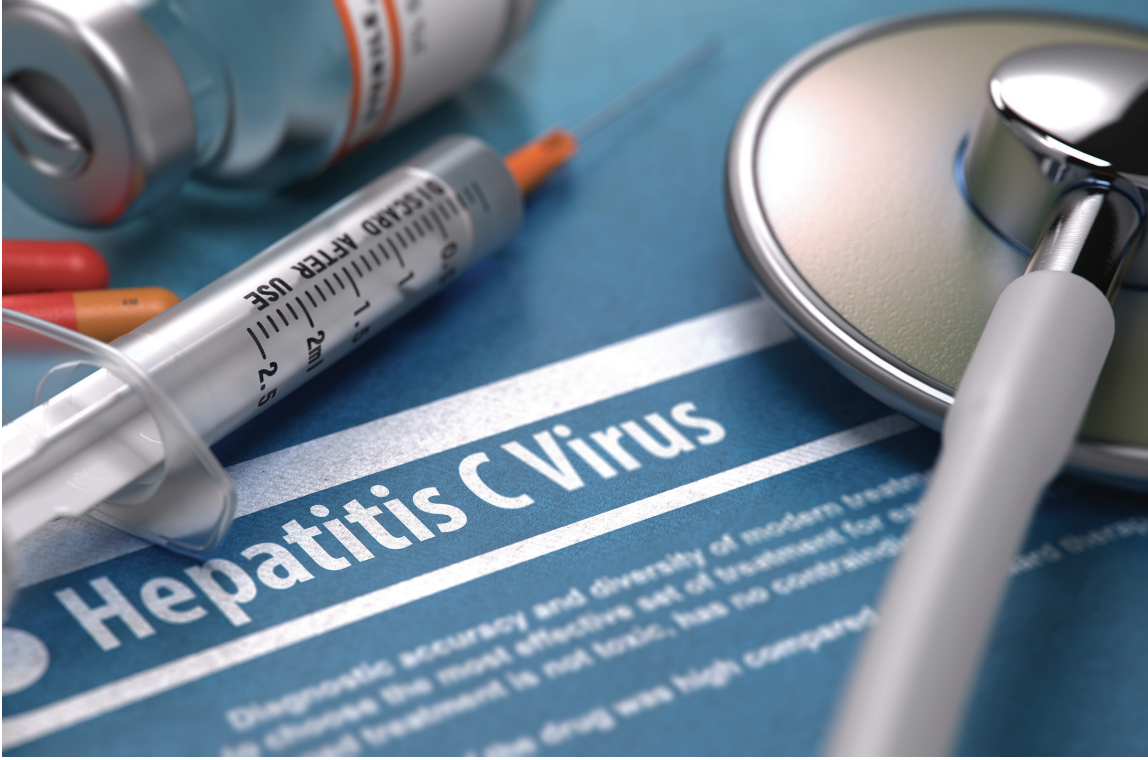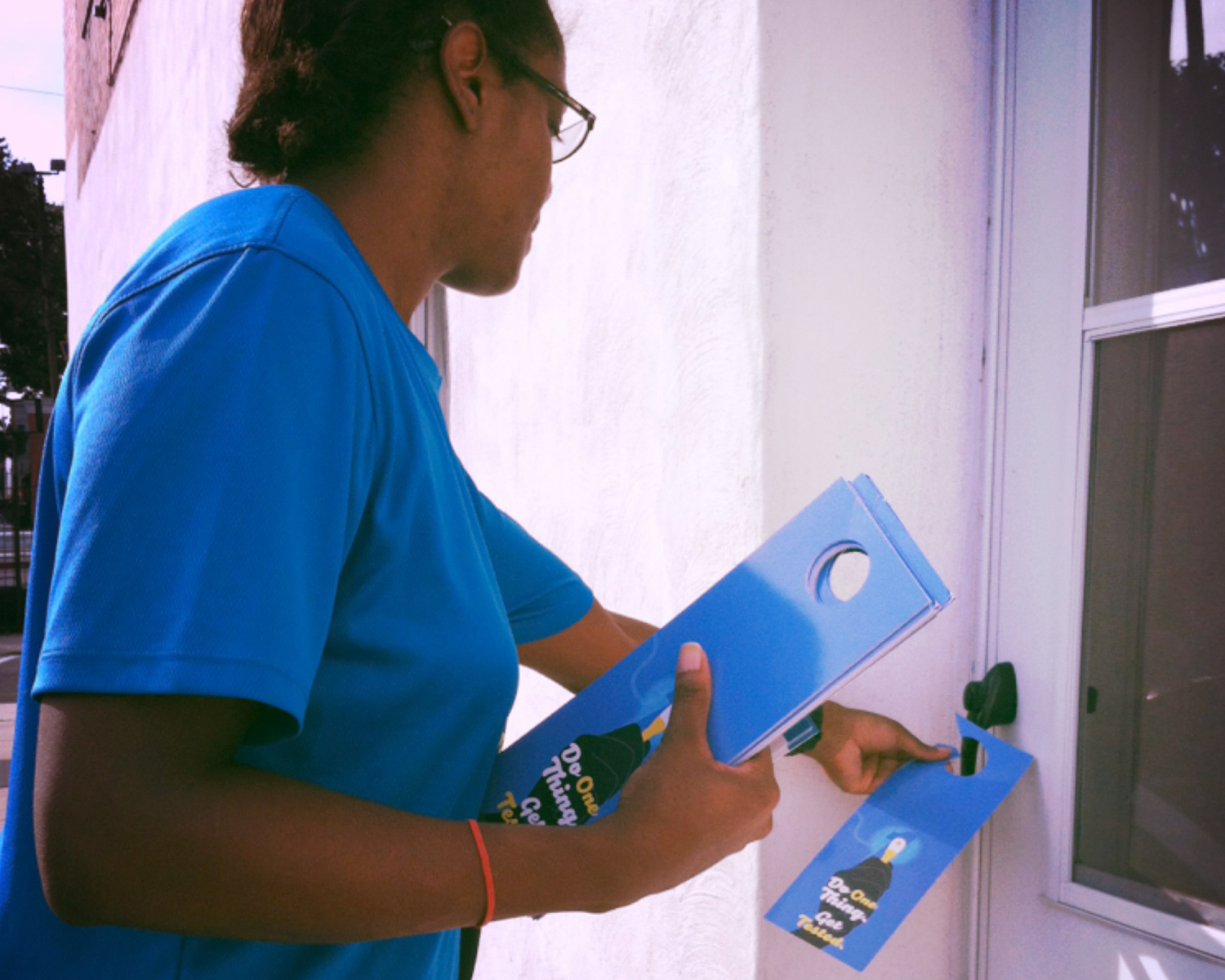Policy & Advocacy

Policy & Advocacy
Evidence-Driven Policy
We use our scientific studies and data to drive our policy ideas,. We pass these insights along to decision-makers and the media to tackle big public health challenges together with smart, real-world solutions. We dig into the data to back up our policy ideas, so we’re not just talking the talk. We pass these insights along to decision-makers and the media to tackle big public health challenges together with smart, real-world solutions.
Overview of Initiatives

Harvard Pilgrim Reinstates Coverage for HIV Medications
Starting in 2025, Harvard Pilgrim planned to drop coverage for key HIV medications, including Biktarvy, Descovy, and Symtuza. RIPHI joined the AIDS Institute in filing a discrimination complaint, leading to a policy reversal.
This victory ensures continued access to life-saving HIV treatment, reinforcing the need for stronger oversight of health insurers.

Health Care Provider Shield Act
Rhode Island’s “Health Care Provider Shield Act” introduced by Rhode Island Senator Dawn Euer and Representative John G. Edwards, protects local providers and patients from out-of-state restrictions on reproductive and transgender care. RIPHI was part of a coalition advocating for this bill that was signed into law in July 2024. This new law ensures continued access to essential services and safeguards providers from external legal penalties.

Retail SNAP Incentive Program
In 2019, through funding provided by the American Heart Association & Robert Wood Johnson Foundation Voices for Healthy Kids Program, RIPHI led a coalition of engaged community members and stakeholders to design a Retail SNAP Incentive Program. This program was enshrined into policy and funded by the Rhode Island legislature in 2022. The Eat Well Be Well program began in January 2024 and now provides SNAP incentives to 140,000 people statewide when they buy fresh produce at Walmart and Stop and Shop in Rhode Island.

Healthy Kids Meals Act
We’re bringing back the Healthy Kids Meal Act! This Bill sets simple, science-backed nutrition standards for kids’ meals in all Rhode Island restaurants.
Though we made progress last session, it didn’t cross the finish line—but we’re ready to advocate again for healthier dining options for Rhode Island’s kids. Stay tuned for updates!

Senate Approves Bill Clearing Barriers to HIV Prevention Prescriptions
In 2023, RIPHI partnered with Senator Melissa Murray and Representative Brandon Potter to draft and introduce legislation aimed at improving access to HIV prevention and post-exposure medications in Rhode Island. Building on this foundation, we successfully advanced the law in 2024 with Senator Murray and Representative Rebecca Kislak, adding key provisions for injectable formulations and eliminating copayments and deductibles for PEP and PrEP. These enhancements solidify Rhode Island’s position as a leader in progressive HIV prevention policies.

RIPHI Unites Clergy: Faith and Action to End HIV
RIPHI’s Faith in Action program engages African American clergy to fight the HIV epidemic. This program has been presented at the President’s Advisory Council on HIV/AIDS and highlighted in Congressional briefings, and has helped build the scientific evidence base that Black clergy can advance the fight against HIV in the Deep South.

Providence’s Overdose Crisis: Insights and Solutions
Rhode Island faces a severe overdose crisis. This project focuses on developing innovative solutions to understand the Downtown Providence crisis, identifying key factors, and gathering input from local experts to develop effective responses.

Rhode Island’s First HCV Epidemiological Profile
This was the first comprehensive epidemiological profile of the Hepatitis C (HCV) pandemic in Rhode Island. Prior to this study, little was understood about HCV prevalence. We found that HCV prevalence in Rhode Island is approximately 7%, nearly twice the national average. HCV is concentrated in geographic hotspots across the state. RIPHI conducted this study on behalf of the Rhode Island Department of Health in 2016, and it still informs policy today.

Place Matters
RIPHI has been at the forefront of place-based interventions for HIV and HCV eradication, notably through the “Do One Thing” program, which screened over 10,000 people in Philadelphia. While this program was launched in 2012, it had a lasting impact, informing the nation’s National AIDS Strategy and the US Plan to End the Epidemic, which now use place-based approaches to delivering HIV services. Building on this foundation, RIPHI is now expanding similar efforts to expand services in HIV hotspots in the Deep South. Read the CNN article here.
